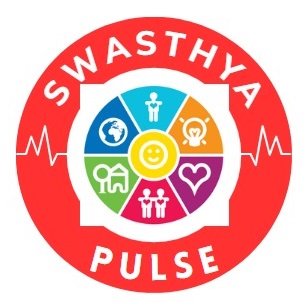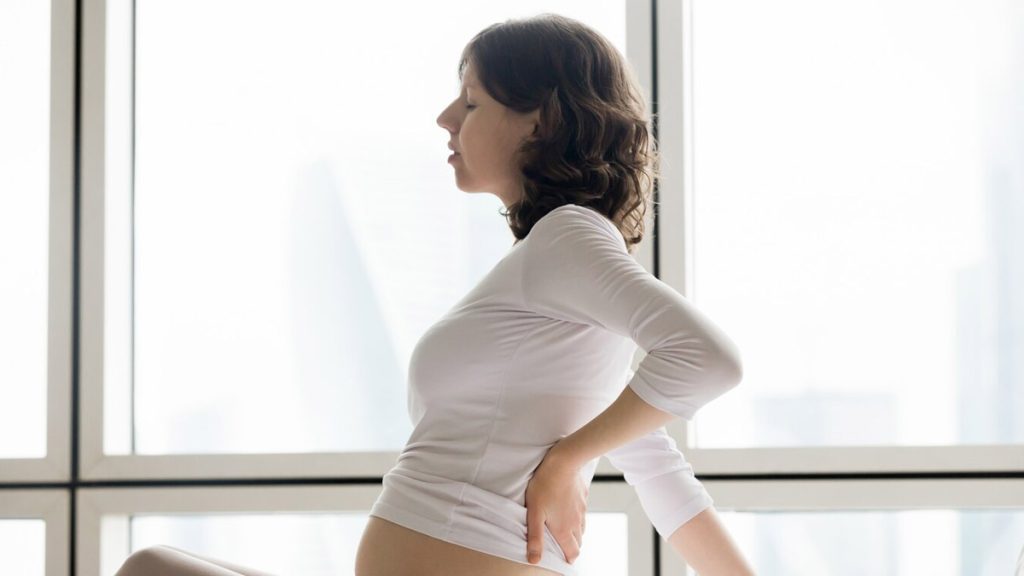How Pregnancy Affects Bone Health: Tips for Expecting Mothers?
Pregnancy is a beautiful journey, but it comes with significant changes to a woman’s body — including its impact on bone health. While it’s rare, pregnancy can sometimes increase the risk of conditions like osteoporosis. That’s why it’s crucial for expecting mothers to take proactive steps to protect their bones.
Why Bone Health Matters During Pregnancy?
Pregnancy affects more than just the reproductive and hormonal systems. It can also influence bone density. According to experts, this impact is usually temporary and manageable with the right nutrition and care — but neglecting it could lead to long-term problems.
To shed light on this, the OnlyMyHealth team spoke with Dr. Sushma Tomar, Consultant Obstetrician and Gynaecologist at Fortis Hospital, Kalyan, who shared key insights on bone health during pregnancy.
How Pregnancy Impacts Bone Density?
The National Institute of Arthritis and Musculoskeletal and Skin Diseases explains that a decrease in bone density is a natural part of pregnancy and lactation. Dr. Tomar elaborated that the developing fetus requires a large amount of calcium for bone development — and often, this calcium is drawn from the mother’s bones.
As a result, pregnant women have an increased need for calcium. This requirement can be met through a combination of dietary sources like dairy products and leafy greens, along with supplements when necessary.
For optimal calcium absorption, other nutrients such as Vitamin D3 (from sunlight and diet) and Vitamin C are also essential.
Can Pregnancy Increase the Risk of Osteoporosis?
Yes, it can — especially if calcium intake is inadequate during pregnancy and lactation. Osteoporosis is a condition that weakens bones and increases the risk of fractures. While it’s more common post-menopause, research suggests that the increased calcium demand during pregnancy and breastfeeding, coupled with lower estrogen levels, can have long-term effects on bone health.
Tips to Maintain Bone Health During Pregnancy
To protect your bones while supporting your growing baby, follow these essential tips:
1. Eat a Balanced, Nutrient-Rich Diet
Focus on foods rich in:
Calcium (milk, yogurt, cheese, leafy greens)
Vitamin D3 (eggs, fortified foods, sunlight)
Iron & Folic Acid (legumes, spinach, supplements)
Vitamin C (citrus fruits, berries)
Omega-3 Fatty Acids (nuts, seeds, fatty fish)
2. Take Supplements as Prescribed
Your doctor may recommend calcium and vitamin D supplements, especially if your diet doesn’t meet the recommended daily intake.
3. Stay Active — Safely
Moderate exercise during pregnancy helps maintain overall health, including bone strength. Always consult your doctor before starting or continuing any fitness routine.
Note: If there are risks like potential miscarriage or preterm labor, doctors may advise limiting activity or complete bed rest.
4. Get Regular Checkups
Frequent prenatal visits ensure you’re getting the nutrients you need and help monitor your bone health throughout pregnancy.
Final Thoughts
Pregnancy places extra demands on your body — and your bones play a silent but vital role in supporting both you and your baby. While your calcium reserves are naturally shared with your growing child, you can maintain strong, healthy bones with the right care. A nutritious diet, safe exercise, and regular medical guidance go a long way in ensuring both maternal and fetal well-being.
Remember: Your health is your baby’s foundation. Prioritize it today for a stronger tomorrow.


